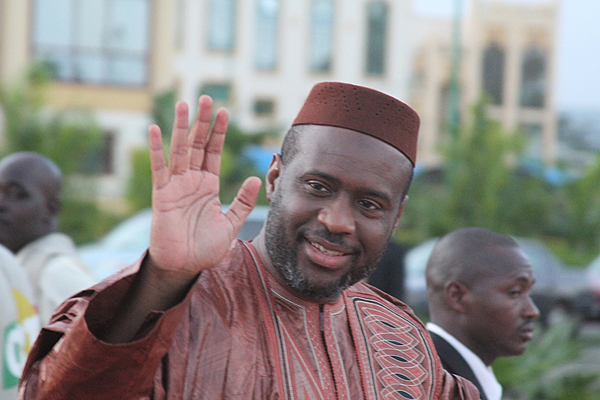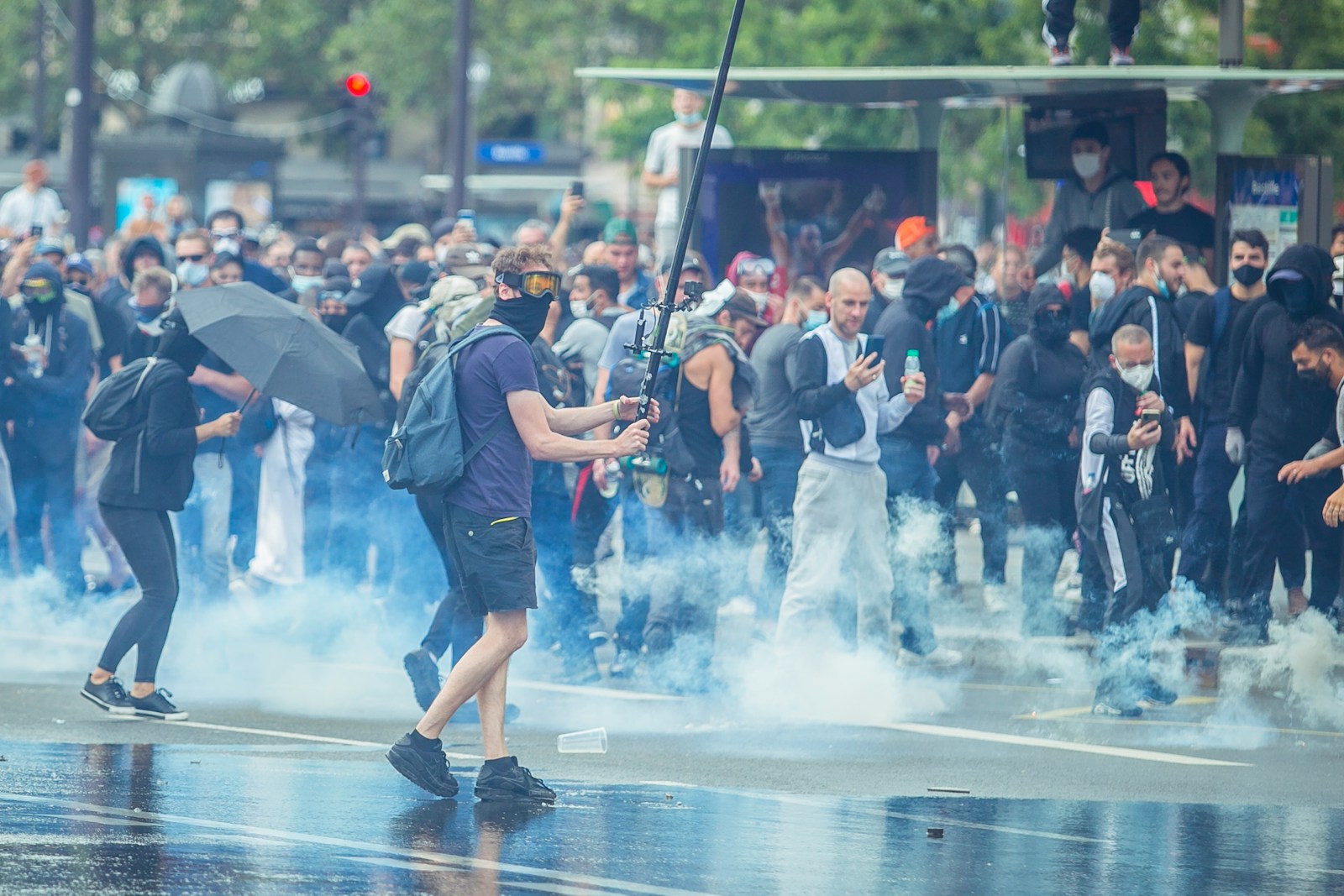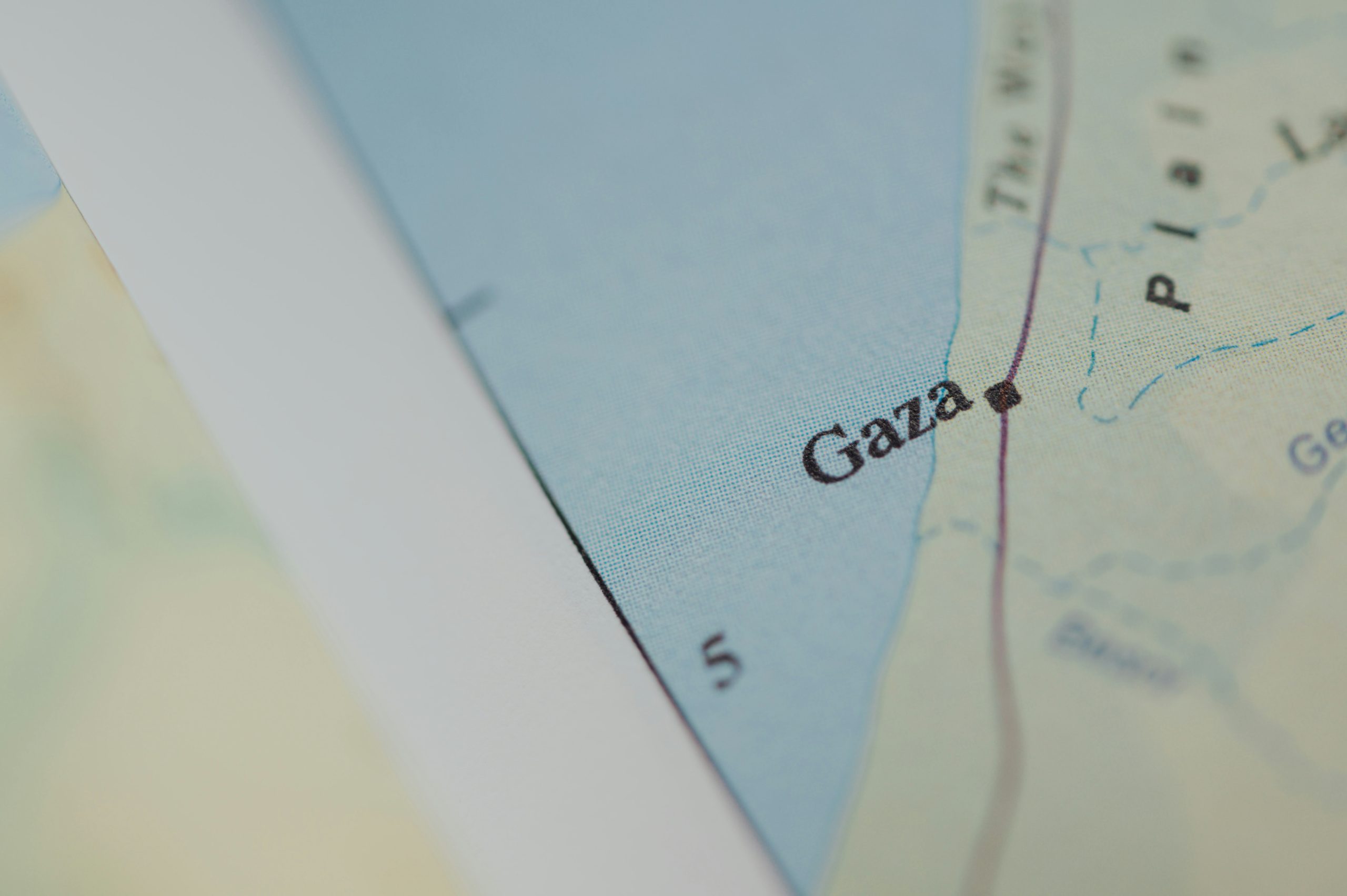In a high‑profile case that underscores Mali’s escalating crackdown on political dissent, former Prime Minister Moussa Mara has been formally accused of undermining the credibility of the state. The charges stem from a July 4 social media post on X (formerly Twitter), in which Mara voiced solidarity with individuals he described as political prisoners—remarks deemed by authorities as offensive to legitimate power
Background: A Post That Sparked Reprisal
Moussa Mara, who led Mali’s government briefly from April 2014 to January 2015, posted that he visited notable detainees, including journalists and activists, and declared: “As long as night remains, the sun will inevitably rise.” He added his pledge to continue fighting for their freedom. The military-aligned cybercrime prosecutor subsequently charged him with “undermining state credibility,” “inciting public disorder,” and disseminating false information
Legal Process and Restrictions
Following his social media post, Mara was summoned for questioning and barred from traveling to Senegal for a regional peace conference. A judge handling cybercrime charges ordered him detained pending trial, which is scheduled for September 29, 2025 He has denied all allegations, with his legal team calling the charges politically motivated
Context: Political Repression and Party Dissolution
The case comes amid a broader wave of suppression in Mali. In May 2025, the ruling military junta led by Gen. Assimi Goïta issued a decree dissolving all political parties and outlawing any gatherings by their members—effectively eliminating formal opposition across the country :contentReference[oaicite:5]{index=5}. Opposition voices and civil society groups have faced arrests, enforced disappearances, and repeated censorship
Public Outcry and Political Pushback
Following the decree, Mali’s former PM itself condemned the move as “a severe blow to the reconciliation process” underway since the early transition . Several opposition figures and dissidents have promised to challenge the legality of the dissolution in Mali’s Constitutional Court, arguing it violates constitutional protections for political freedom
Regional and International Repercussions
Regional observers and pro‑democracy organisations—like the Media Foundation for West Africa and Amnesty International—have warned that the dissolution of parties and restriction of dissent threaten Mali’s fragile transition and democratic norms The move aligns with a troubling trend in fellow Sahel states under military rule, including Burkina Faso and Niger; but in Mali, political elites are mobilising vocal resistance
Moussa Mara’s Profile and Political Standing
Born in 1975 in Bamako, Moussa Mara briefly helmed Mali’s government under President Ibrahim Boubacar Keïta. Though his tenure lasted under a year, he remained a visible figure in opposition politics and advocacy. The current charges significantly raise the stakes for political speech and critique in the country
What the Charges Signal for Mali’s Democracy
This prosecution is widely regarded as emblematic of how dissent is increasingly criminalised in Mali’s post-coup governance. Observers suggest that targeting a high‑profile former leader like Mara warns against public dissent or solidarity with jailed critics. As civil society groups warn, such repression could irreparably erode the pillars of democratic governance in the country
What Changed: From Military Promises to Extended Rule
When the junta seized power in coups during 2020 and 2021, it initially pledged to restore civilian rule by early 2022. However, on extending Goïta’s rule for at least five more years in mid‑2025 and dissolving political parties, the junta has effectively consolidated power—raising concerns that Mali may become locked in indefinite military governance
Looking Ahead: The Trial and Political Consequences
With Moussa Mara’s trial set for late September, attention will focus on whether the judiciary upholds impartial standards or becomes an instrument of political suppression. Should the charges lead to conviction, critics argue Mali will cross a new threshold in silencing dissent. On the other hand, a successful appeal or withdrawal of charges could provide a rare victory for civil liberties in an increasingly authoritarian state.
Conclusion: The Struggle for Political Space in Mali
The decision to charge a former prime minister for expressing solidarity with detained opposition voices marks a significant escalation in Mali’s suppression of dissent. It highlights an urgent need for democratic safeguards—especially amidst sweeping reforms that have dismantled formal political channels.
As Moussa Mara awaits trial, his case will be a litmus test: will the rule of law prevail, or will fear and repression dictate Mali’s political future? The outcome may well shape how dissent and democratic expectation survive under junta rule—and whether Mali can reclaim a path toward legitimate political pluralism.
for more news visit our website africaheritagevoice.com




